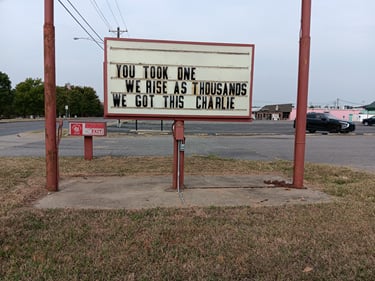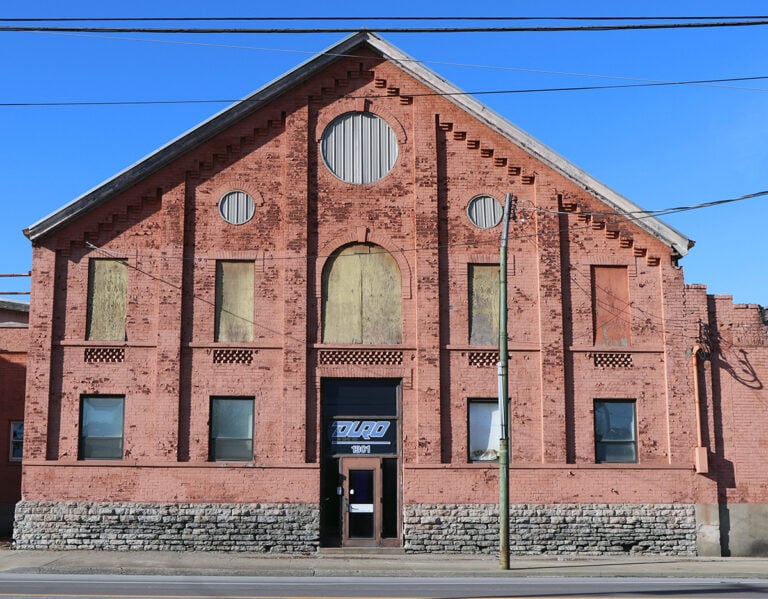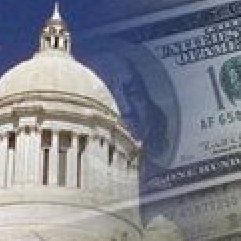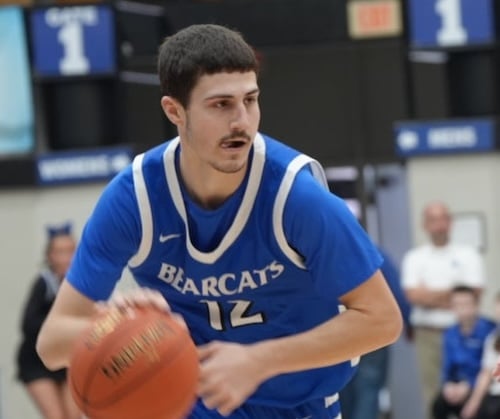“You took one, we rise as thousands, we got this Charlie.”
Since the tragic assassination of Charlie Kirk, these words have been prominently displayed on a sign in Murray. The first time I drove past it, I figured I read it wrong, so I pulled a U-turn and went back. As I pulled out my phone to take a picture, I looked to see if anyone was watching. Given the tone of the message, I would not have been surprised if someone leaped out of the bushes to snap a shot of me for some weird “Wanted, Dead or Alive” poster.
To me, the meaning of the message was clear: “Thousands” were ready and waiting to rise up against non-believers in the name of Mr. Kirk.
The founder and CEO of Turning Point USA, Kirk promoted conservative views among young people, including free-market and limited government principles. Just shy of his thirty-second birthday when he was gunned down, he left behind a wife and two small children. His ending was violent and tragic, a demise no one should suffer.

Kirk, however, might have remarked it was all in a day’s work.
Advocating for the Second Amendment on April 5, 2023, Kirk said, “I think it’s worth it. I think it’s worth to have a cost of, unfortunately, some gun deaths every single year so that we can have the Second Amendment to protect our other God-given rights.”
At Kirk’s memorial service, his wife’s eloquent and moving eulogy vowed forgiveness for her husband’s assassin. Her words were a reminder of the power of absolution and its role in a civil society with spiritual values.
Despite her decorum, minutes later — in uncouth and unpresidential remarks — the President of the United Stated bragged, “I hate my opponents, and I don’t want the best for them.”
The audience actually chuckled and cheered. At a funeral. Since then, rhetoric has gotten worse.
Retribution, saith the Lord.
On October 4, Trump declared Democrats, “the party of hate, evil, and Satan. There is something wrong with them,” he said in a rare in-studio “Fox and Friends” interview, right before the government shutdown. “Don’t even bother dealing with them,” he added.
Kentucky, a super-majority Red State with a popular Democrat governor who might be running for president in 2028, could get caught in the crossfire, as could Calloway County, with these statistics:
• 11828 registered Democrats
• 12370 registered Republicans
• 1845 Other
• 1459 Independents
• 144 Libertarians
In Murray, we are not likely to see armed and masked ICE agents snatching farm workers off the streets, shoving them into vans, and detaining them unlawfully. Thankfully, Murray State University is not being dragged in DEI controversy that will result in hefty lawsuits brought against the institution by the feds. The National Guard from Kentucky, or any other state, will probably stay out of Murray too, as there is no need to quell “local crime,” real or imagined.
With a minimum of federal jobs in the county, unemployment lines should not increase significantly because of federal cuts, although regional tourism dollars may be impacted by reduction of services at Land Between the Lakes.
Some people (my mother) would suggest that we just keep our heads down, our mouths shut, and let it all pass without comment, hoping that the light at the end of this tunnel is not thousands of angry men with torches, ready to burn down the houses of “satanic” Democrats.
Nevertheless, some important losses are impending for our community. In the face of a $300,000 cut, Meals on Wheels will deliver twice a week instead of the usual five times. Programs that provide transportation, education, and exercise opportunities for seniors are also impacted. According to Senior Citizen Center Executive Director Dacia Barger, the budget reduction of $25,000 per month will lead to staff layoffs too.
WKMS-FM, the local NPR affiliate, recently posted an open letter to public and private supporters about the station’s upcoming budget cut of $215,000 — nearly 15% of its annual budget. Station Manager Asia Burnett wrote that “money can be taken, but this mission cannot.”
Spirited fundraising efforts aimed at filling the gap have been launched. Maintaining that level over time seems impossible, however, when more cuts are coming, too many to keep track of.
Right now, the government is closed for business, while the president is open to using the shutdown to make deep cuts in federal agencies and essential programs. If these plans are implemented, hundreds of thousands of federal workers in offices all over the country will be on unemployment lines, with inevitable consequences.
What happens when unemployment rises and jobs are hard to find? Consumer spending decreases, inflation rises, prices too. With loss of health insurance, medical issues are on the back burner. Stress associated with all the uncertainty lead to suicide, alcoholism, partner abuse, depression, and other emotional ills that affect individuals and families.
In the midst of the mess, there is a need for kindness, for words that comfort and encourage, not threats against those whose words we despise. The Constitution gives us the right to Freedom of Speech, whether you like what is said or not. Nowhere is it written that violence is a form of free speech.
According to Rand McNally/USA Today/Destination Marketing Association International, Murray is the friendliest small town in America,. The designation does not mean we keep controversial political opinions to ourselves. It does mean, however, that those who have the courage to state their opinions should not be subject to name calling, threats, or any kind of physical or emotional violence.
The words of Whitney Kimball Coe, former director of the National Rural Assembly, offer meaningful insights to all on this topic:
“We can’t control the systemic barriers and disparities that hunt us and haunt us… But we can control our response to these forces. And usually that means we just keep participating. We keep showing up. At funerals and potlucks. At PTA meetings and choir practice. At football games and city council meetings. We keep checking out library books and performing in community theater productions. We make our plans ‘for here and about here,’ as writer Jo Carson says. And that regular practice of participation is what characterizes our relationships, and that gives us the ability to live and work and worship together in spite of disagreements. It helps us withstand the tangles of partisanship, too. It’s hard to dismiss someone when you expect to see them the next day, and the day after that, and the day after that.”

Constance Alexander is an award-winning columnist, poet, playwright, and president of INTEXCommunications in Murray.

















